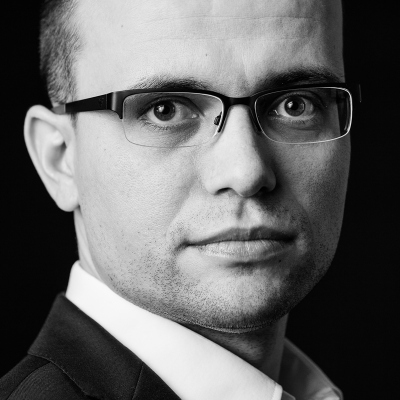Rules for repayment of surcharges in a limited-liability company
24.02.2011
corporate
The articles of association may include provisions covering the rules for repayment of surcharges to the shareholders. Absent such provisions, the rules set forth in the Commercial Companies Code will apply.
Payment of surcharges by shareholders in a Polish limited-liability company may be regarded as an attractive method for providing additional financing for the company because of the minimal formal requirements and the speed with which the procedure may be carried out. Surcharges may also be repaid to the shareholders, and do not bear interest, which is beneficial for the company’s financial condition.
While the provisions of the Commercial Companies Code concerning the actual payment of surcharges appear clear, the rules concerning the options for repayment of surcharges and the permissible level of surcharges may require clarification. This is because the regulations concerning repayment of surcharges are not mandatorily applicable, but apply only when the parties do not make other arrangements concerning their rights in this respect.
There are four rules concerning the possibility of repayment of surcharges set forth in Commercial Companies Code Art. 179:
- Surcharges may be repaid if not required to cover a loss indicated in the financial report.
- The intention to repay surcharges must be announced at least one month in advance.
- Repayment of surcharges shall be made pro rata to all shareholders.
- Surcharges that have been repaid are not considered when new surcharges are imposed.
Art. 178 §1 permits modification or exclusion of these rules via relevant provisions of the articles of association.
Under the first rule from Art. 179, repayment of surcharges will be possible if, after adoption of the resolution on repayment—which causes an increase in the company’s obligations and a reduction in equity—the assets of the company, less its obligations, are no less than the amount of the company’s share capital. If this regulation were excluded by the articles of association under Art. 178 §1, it might be possible to repay surcharges notwithstanding a loss on the company’s balance sheet. However, in light of the general principles concerning operation of a limited-liability company, designed to protect the interests of the company’s creditors, Art. 189 §2 of the code prohibits transferring the company’s assets to shareholders to the detriment of creditors. Under this rule, the line demarcating the permissibility of repaying surcharges is set by the share capital of the company, and the shareholders may not receive a payment out of company assets that are necessary to fully cover the share capital.
As for the requirement to announce the planned repayment of surcharges one month in advance, under Art. 178 §1 different rules may be established in this respect—either eliminating this requirement altogether (allowing repayment of surcharges without making any announcement) or modifying the notification period or the way in which the announcement is published. Given the prohibition against paying out assets to the shareholders needed to fully cover the share capital, failure to require an announcement of the intention to repay surcharges would not infringe the interests of the creditors.
However, the issue of whether or not the articles of association may exclude the rule of pro rata treatment of shareholders when repaying surcharges is debatable. While Commercial Companies Code Art. 178 §1 in connection with Art. 159 does provide for this possibility, Art. 20 of the code, which requires equal treatment of similarly situated shareholders, should also be considered.
Concerning the final rule for repayment of surcharges under Art. 179, surcharges previously made but subsequently repaid are not considered when new surcharges are imposed. This rule may be modified by providing in the articles of association that once surcharges are paid, they continue to count against the maximum amount of surcharges that a given shareholder may be required to pay, even after the surcharges have been repaid.
Łukasz Śliwiński, Corporate Law team, Wardyński & Partners
